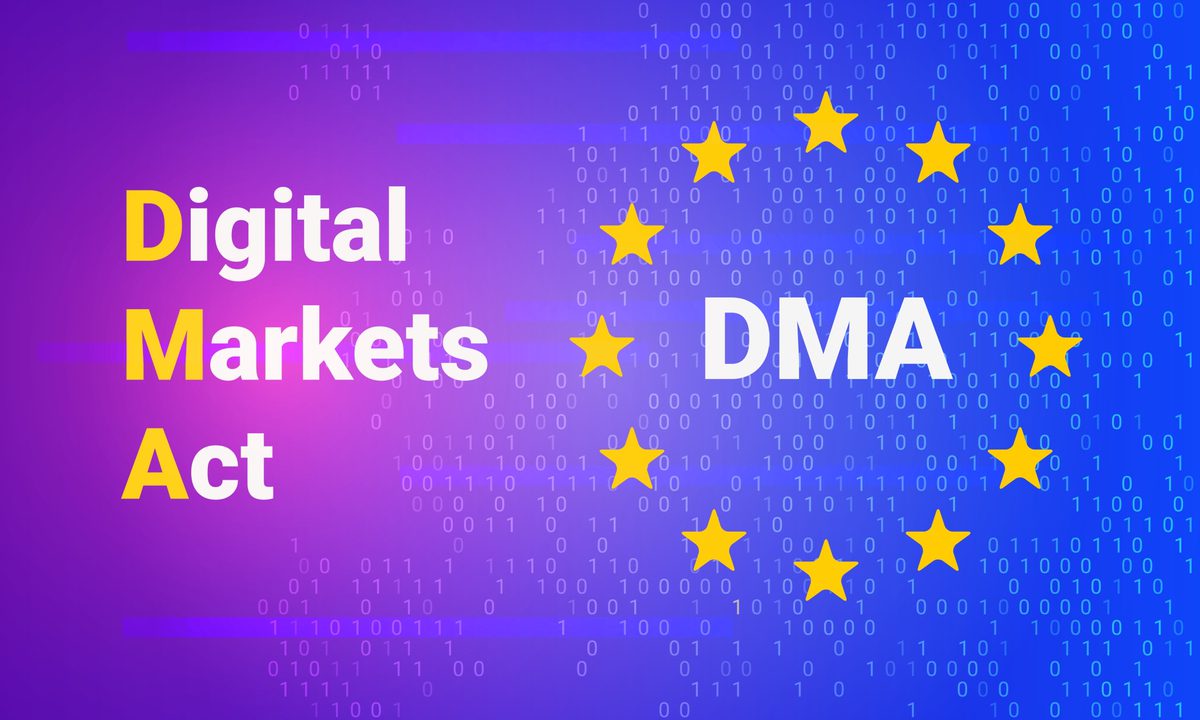EU’s Digital Markets Act: Will Opening the Gates Lead to Genuine Competition or Consumer Frustration?

In a bold move to curb the dominance of Big Tech companies, European Union (EU) watchdogs are taking an unconventional approach to regulation. Instead of scrutinizing existing practices, the Digital Markets Act, a 2022 law, mandates that major tech players, including Alphabet, Meta Platforms, Apple, Amazon, ByteDance, and Microsoft, open up their closed ecosystems.
The law targets so-called gatekeeper services, requiring them to dismantle their “walled gardens.” In September, the EU identified 22 products from these companies, spanning Google Search, social networks like Facebook and TikTok, browsers like Chrome and Safari, as well as operating systems such as Google Android, Windows PC, and Apple iOS.
Companies like ByteDance, Meta, and Apple have already filed appeals against the regulations, resisting the directive to open up their systems by March. The aim is to provide third-party developers access to these platforms and ensure that consumers have more choices rather than being confined to default options.
However, the EU’s focus on regulating access rather than outcomes raises concerns. By emphasizing the number of businesses in the market over what might be beneficial for consumers, the EU risks creating additional bureaucracy and “choice screens” without necessarily fostering meaningful competition.
Read more: The EU Digital Markets Act (DMA): A Competition Hand In A Regulatory Glove
The EU’s approach may inadvertently lead to unwelcome consequences for consumers. While the intention is to break up the market and encourage competition, consumers may not prioritize this over potential extra costs. The prospect of familiar services like Facebook and Instagram introducing subscription fees could be met with resistance, especially if these fees become unavoidable for day-to-day use.
Furthermore, the time-consuming process of navigating through “choose your default” options might be seen as an annoyance rather than a benefit. Consumers may be hesitant to switch away from established brands or pay new subscription fees, potentially resulting in the EU’s efforts leading to more paperwork and frustrating clicks rather than genuine market competition.
The EU’s strategy also hinges on the assumption that more competition will inherently drive down costs. While this may be true in certain areas, such as online advertising revenues, the potential for startups to materialize and consumers to embrace alternatives remains uncertain. The outcome of these regulations will ultimately depend on whether the EU’s unconventional approach succeeds in achieving its intended goals or merely adds complexity to the digital landscape.
Source: Reuters
Featured News
Subscribers Defend $4.7 Billion Antitrust Verdict Against NFL in Court Filings
Jul 19, 2024 by
CPI
Von der Leyen Calls for Competition Policy to Boost EU Companies’ Growth
Jul 19, 2024 by
CPI
Vermont AG Sues Pharmacy Benefit Managers Over Drug Prices
Jul 18, 2024 by
CPI
Australians Face Increased Stamp Prices Following ACCC Approval
Jul 18, 2024 by
CPI
Live Nation Seeks Dismissal of DOJ Antitrust Allegations
Jul 18, 2024 by
CPI
Antitrust Mix by CPI
Antitrust Chronicle® – Private Equity Roll-Up Schemes
Jun 28, 2024 by
CPI
The FTC’s Focus on Private Equity is Warranted
Jun 28, 2024 by
CPI
Unraveling the Roll-Up: Private Equity’s Misunderstood Investment Strategy
Jun 28, 2024 by
CPI
Antitrust Focus on Private Equity Funds and Serial Acquisitions
Jun 28, 2024 by
CPI
Private Equity Roll-Ups Amidst Heightened Antitrust Enforcement
Jun 28, 2024 by
CPI